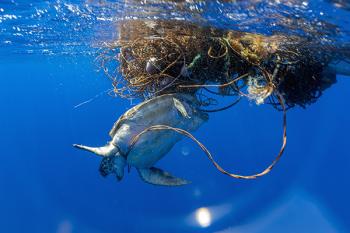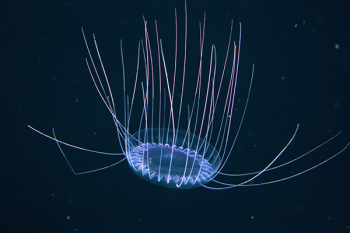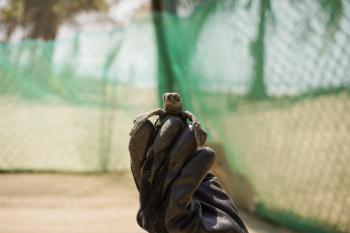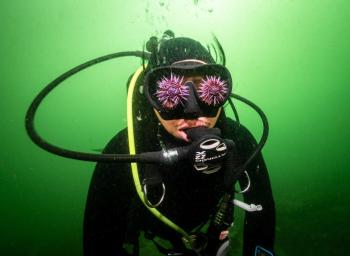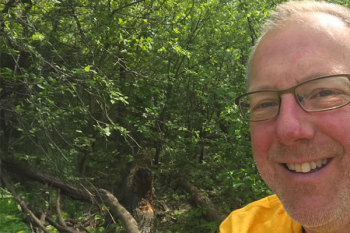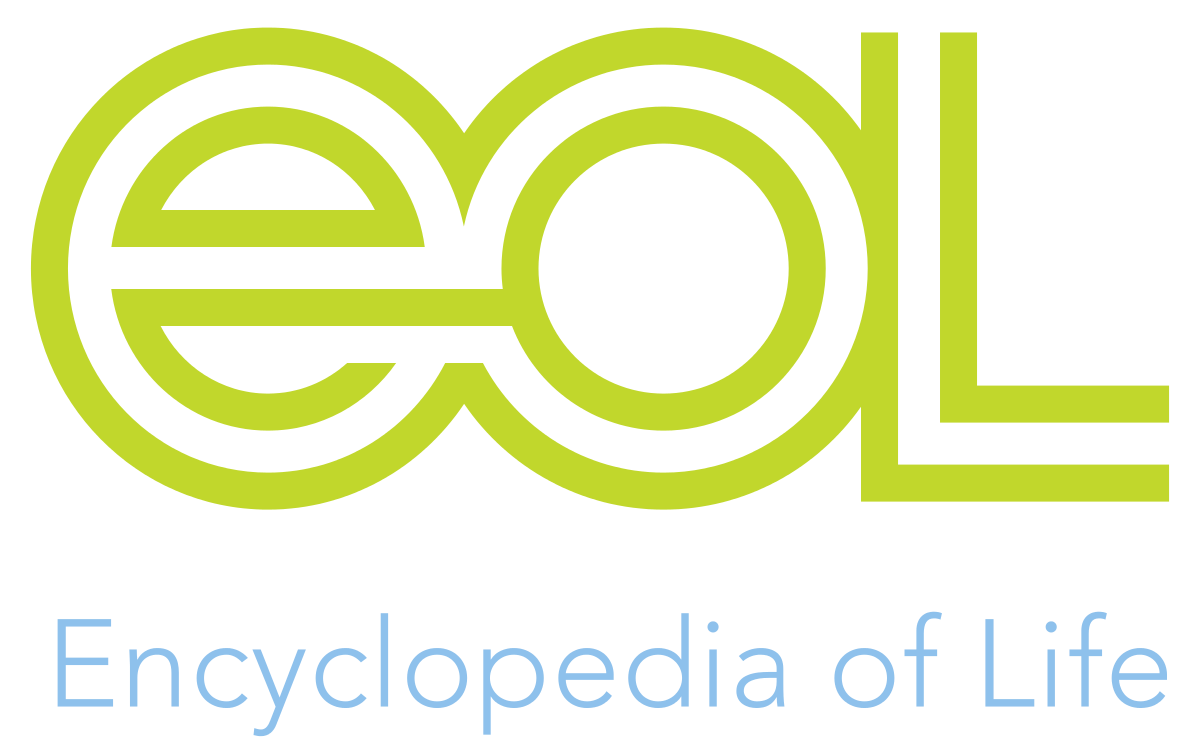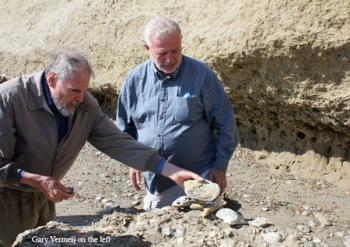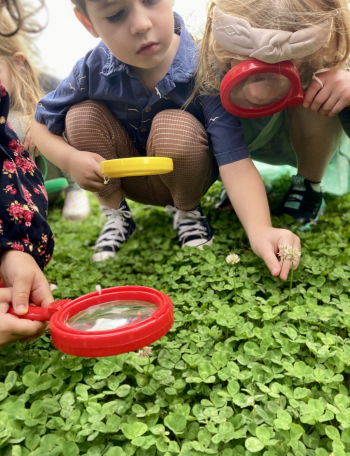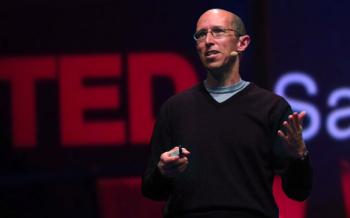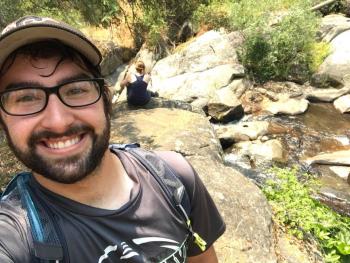
“I want to give my students tools. Not tools so they can get through the content of my class. Content is great, but only if it serves the more important principles that preserve health and the natural world.”
Discover how Tim Rosario blends science education with the sacred stories of Paiute Tribal People (Numu) and their reverence for the earth at Pyramid Lake High School on the Paiute Tribes’ Reservation.
Tim has only been teaching high school science for two years. Within the past two years, Tim has managed more challenges than most teachers experience in their first 10 years of teaching. Maybe even longer.
Not many teachers know what it is to teach science on an American Indian Reservation where tribal members have been marginalized for hundreds of years. The average commute for Tim’s students is 25 miles and broadband access to the internet is far below the demands that current education requires. Oh, and yes, there is a global pandemic not experienced for more than 100 years. Yet, Tim makes overcoming these obstacles look like minor inconveniences.
“When the world shut down, I had no way of getting my lessons to students so I decided I would just hand deliver the packets them,” said Tim.
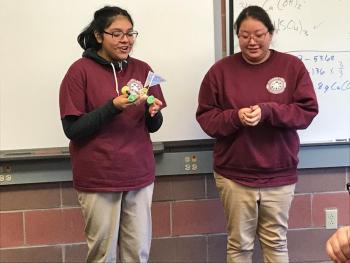
The Pyramid Lake Paiute Tribe’s Reservation is located northeast of Reno, Nevada in a remote desert area. The reservation is 475,000 acres or 742.2 square miles, and it contains a large desert lake, Pyramid Lake. This lake is one of the Tribe’s most valuable asset.
The Paiute People (Numu) are deeply grounded in the environment and believe power (Pooha) resides in natural objects including animals, plants, stones, water and geographical features. In fact, their economy depends upon the health of their territory and Pyramid Lake, where fishing and recreational sports provide a livelihood.
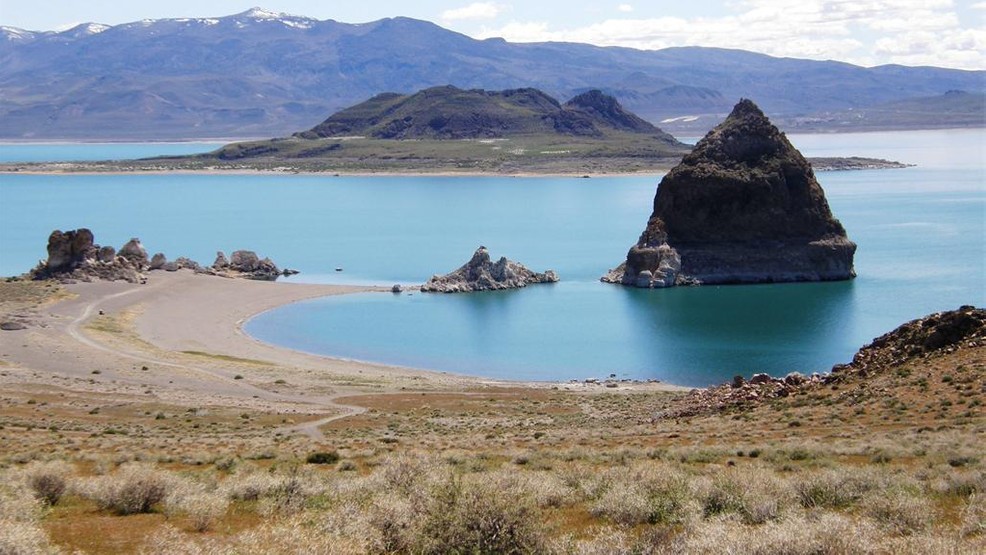
“My students enter the classroom with an above average baseline in the understanding of the natural world. I never have to convince my students why protecting the environment is important”, says Tim. “They have been raised with stories going back hundreds of years revolving around water rights issues and the protection of earth. The tribe relies on the health of Pyramid Lake to facilitate the economy. They know what it means to wipe out a fish population.”
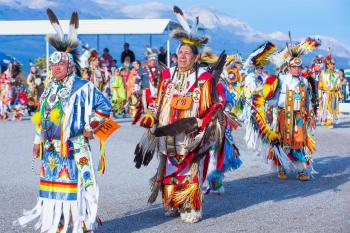
When asked his greatest challenge in teaching Tim does not mention the pandemic, the lack of broadband access or the unbelievable two-hour commute some of his students make every day to get to school. “My greatest challenge is lifting my students’ image of themselves and who they can become. They have suffered from generations of marginalization. It’s hard for them to see a hopeful vision of their future as scientists or chemists.”
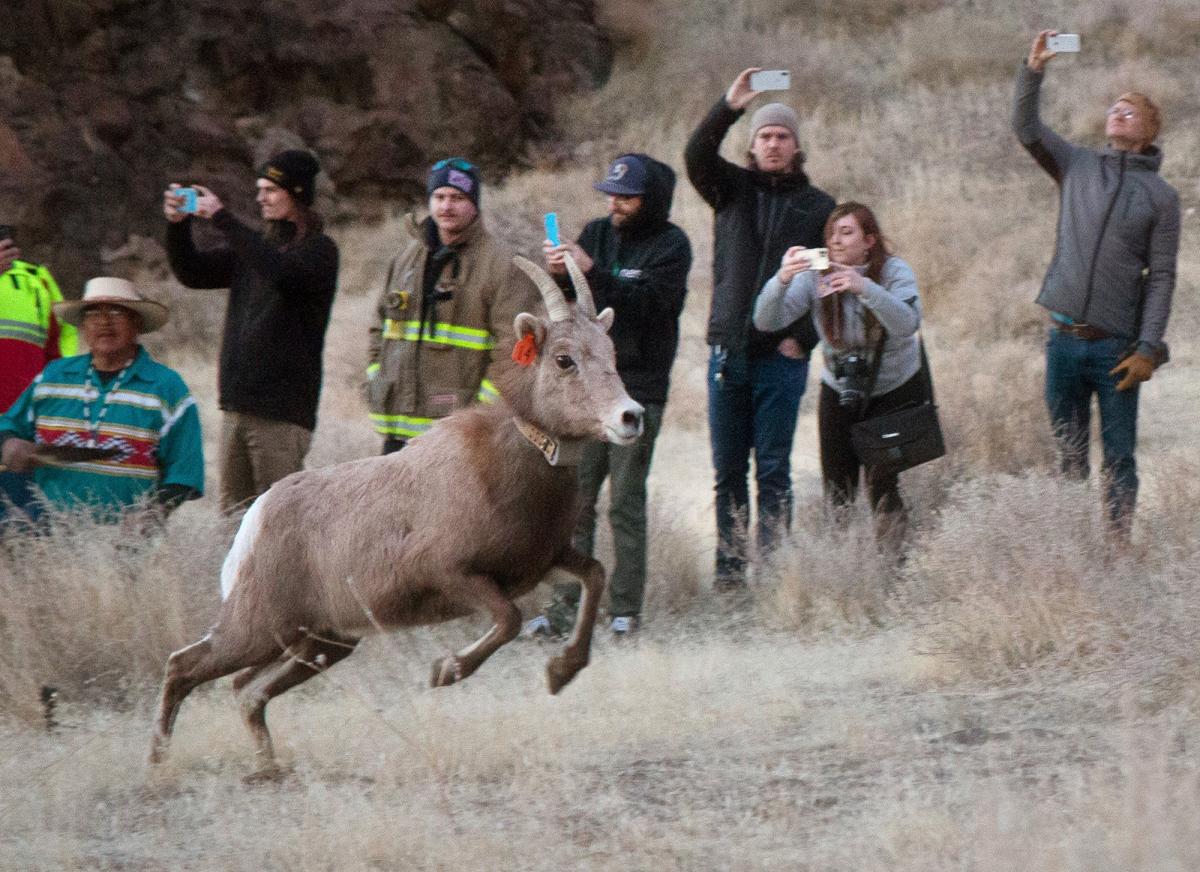
Before COVID, Tim and his students had an incredible experience helping restore the fish of Pyramid Lake and the reintroduction of bighorn sheep onto their natural habitat.
In a story that caught national attention, the bighorn sheep were brought back onto tribal land for the first time in 100 years and into the welcoming arms of Paiute Tribespeople. Now, Paiute People can once again support ceremonial traditions that honor the sacred bighorn while also ensuring the protection of a native species. Insert image of 2 male tribesmen
The Paiute Tribe teamed up with the Nevada Department of Wildlife to reintroduce bighorn sheep back onto their sacred land. “My students and I had the amazing good fortune of being involved with the bighorn sheep reintroduction project. Can you imagine seeing an endangered species like the big horn sheep being airlifted back onto the land where they were once protected and thrived? It was wild homecoming and spiritual to witness,” said Tim.
Since our interview with Tim, school has partially reopened with rigorous safety measures and Tim has celebrated the birth of his first child; a baby girl. He also coaches football at Pyramid Lake High School. It’s tough to get an image of Tim sitting still long enough for a photo to be taken. We’re so grateful for his sharing his precious time with us.
